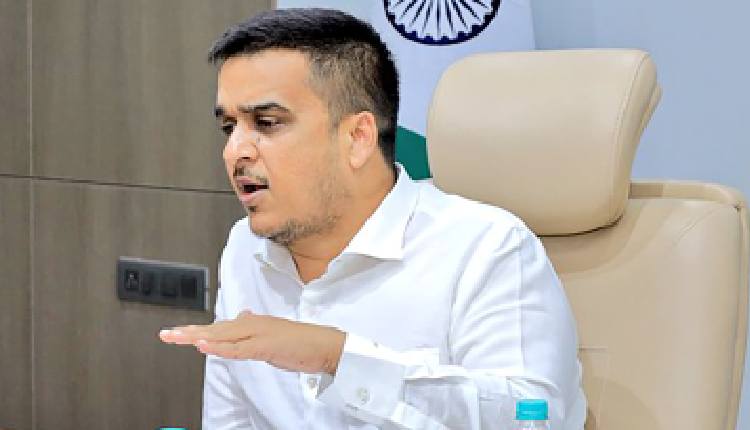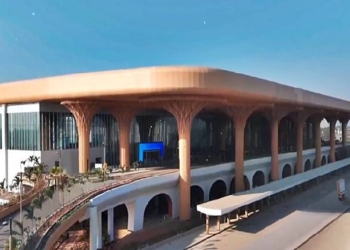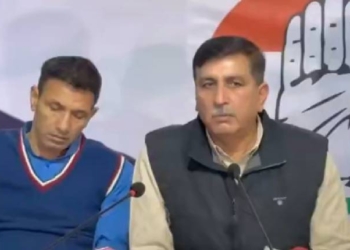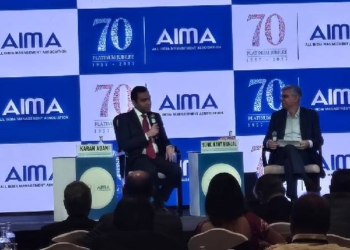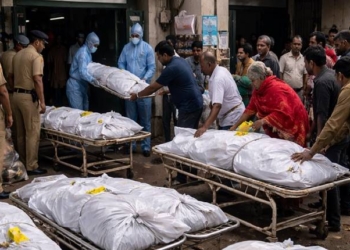Gandhinagar: The Gujarat government has announced strict preventive measures across the state in light of escalating tensions between India and Pakistan. A blanket ban has been imposed on the use of drones and firecrackers at all public and private events until May 15, as part of enhanced security protocols.
Citizens have been urged to follow official guidelines and cooperate with authorities, as announced by Gujarat Home Minister Harsh Sanghavi on Friday. With heightened alertness declared in border districts like Banaskantha and Patan, the government has clarified that no permissions will be granted for drone use or firecracker displays during any gatherings or celebrations until mid-May.
Meanwhile, the neighboring state of Rajasthan has also stepped up security.
In Jaisalmer and other sensitive areas, a similar ban has been enforced. Additionally, Mount Abu will observe a partial blackout on May 9 and 10 between 7 p.m. and 8 p.m.
Tourists, especially those from Gujarat and nearby states, have been advised to return to their hotels before the blackout begins and to keep their lights turned off during the designated hour. Prime Minister Narendra Modi also reviewed the security situation with Gujarat Chief Minister Bhupendra Patel over a phone call.
Sharing details of the conversation on social media platform X, the Chief Minister said the Prime Minister was briefed on the state’s preparedness as a border state and offered necessary guidance on handling the current cross-border tension.
As precautionary blackouts are being observed in districts like Kutch and Banaskantha, authorities have reiterated the need for public vigilance and strict adherence to security advisories.
Meanwhile, Directorate General of Shipping (DGS) has ordered all Indian ports, terminals, and ships to immediately upgrade their maritime security protocols from MARSEC Level-1 to MARSEC Level-2.
The directive, issued in response to an advisory from the Centre, is part of a broader national push to strengthen defenses against potential maritime threats in the region. Under the new order, all ports, terminals, and shipyards must implement heightened security under the International Ship and Port Facility Security (ISPS) Code, raising their security posture to Level 2.
The move reflects growing concerns over possible threats to India’s maritime infrastructure amid rising tensions. Additionally, all Indian-flagged vessels operating within the Indian subcontinent and in nearby waters have been instructed to elevate their security level accordingly and implement the prescribed protocols outlined in their Ship Security Plans (SSP).
(IANS)




